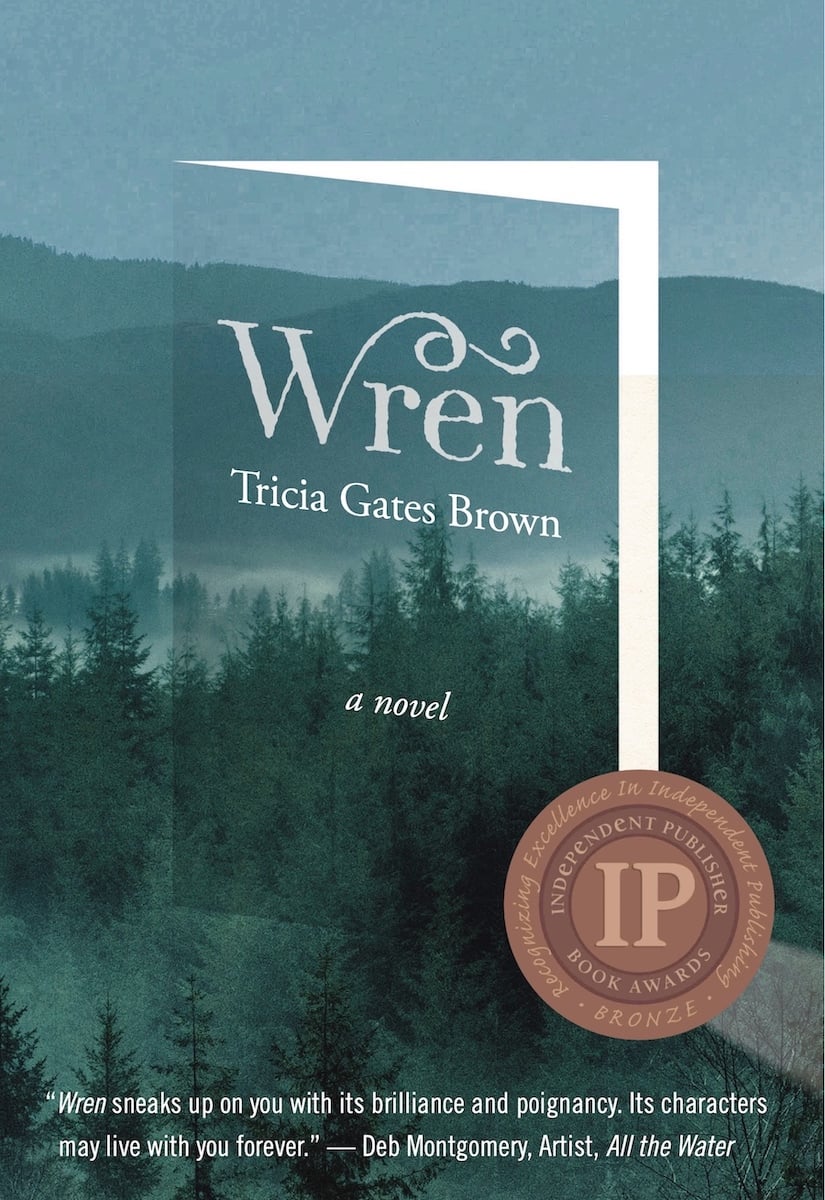
In the lectionary, we’re reading about lost things. Specifically, this past Sunday, the parables of the lost sheep and lost coin (Luke 15:1-10), which—along with the parable of the prodigal son—may be Jesus’ most beloved teaching stories. Many of us can relate to being lost and being found; we appreciate these images of God because we need them. On the other hand, those terribly self-satisfied and self-righteous may find these passages unsavory. In our self-righteous moments, we prefer others to get their comeuppance!
But when this Luke passage portrays God preferencing lost things, and Jesus welcoming and preferring the company of sinners, we need not conclude: I guess I better become lost! The fact is, we are already lost. All of us are lost and all of us are found—at different times and in different ways.
One of my favorite authors, Frederick Buechner, makes the point that Jesus is being comical in these passages: “I think that these parables can be read as jokes about God in the sense that what they are essentially about is the outlandishness of God who does impossible things with impossible people, and I believe that the comedy of them is not just a device for making the truth that they contain go down easy but that the truth that they contain can itself be thought of as comic” (Frederick Buechner in Telling The Truth: The Gospel as Tragedy, Comedy, and Fairy Tale). It is comical—that the force at the center of this universe loves us, all of us, in our small, bumbling humanness. The notion that God would abandon those who happen to have their heads on straight on a given day to traipse off after a sheep distracted by a willow sprig until the entire bastion has left him behind: this is God in all of God’s profligacy. And how terrific! How much better than the way we treat those we say we love, always waiting to see if they will measure up to our high standards.
That this God we know, a God grand enough to create a universe so immense and beautiful we cannot grasp it—that this God loves us and seeks us out when we are being petty with our siblings, or greedy with our abundant resources, or when we are lying to our partners because we don’t want to have the hard conversation truth-telling might incur—this is great news. God even loves us and seeks us out when we reach our desolate points—when we do physical violence to ourselves or others, when we feel hateful toward our neighbors who give us a hard time, or when we are so selfish we cause harm to those we love.
How intriguing that this God Jesus showed to us loves us like the woman loves an insignificant coin, sweeping out the house, moving aside every dresser and table to search until the coin is found. How gracious! How mind-bending! A world where we are so loved is a safe, secure world. We don’t have to earn God’s care and provision. We don’t have to try so hard. We don’t have to hide from our truest selves. We can afford to tell ourselves the truth, always. And when we are brave enough to do this—to tell ourselves the truth and to be fully who we are, in all of our humanness—we help others to do so. This may be the most important thing we can do with these lives of ours: to tell ourselves and others the truth, no matter how they react or how they resent us. The fact is, when we experience and embrace God’s gracious love as we are, we become transformed. And that may be the best story we can tell.
Wren, winner of a 2022 Independent Publishers Award Bronze Medal














